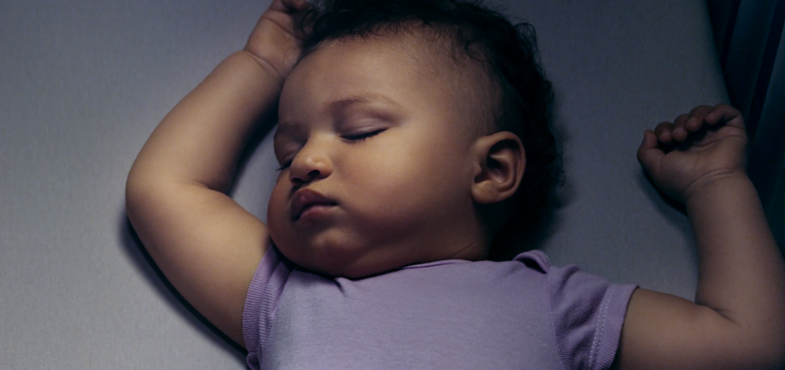Science of Baby Sleep

The Role of Sleep in Happy, Healthy Baby Development
Sleep has important cognitive, social, emotional and behavioural benefits
Sleep plays an important role in baby’s brain maturation, learning and memory,1 helping to retain existing memories and create new ones.2-4 Sleep also helps improve baby’s social skills, including the ability to form relationships and relate to others.5,6 Babies who sleep better have been shown to be more approachable and adaptable.7
Sleep problems are universal
Sleep problems are common, especially in the first three years.8 Difficulty falling asleep and night wakings are the most common sleep problems during infancy.8,9
There are a number of strategies for bedtime behaviour problems and night wakings in children, including behavioural management techniques which are highly effective during infancy and toddlerhood.10
Routines help babies learn
The developing brain thrives on routines. Studies show daily routines in general lead to predictable and less stressful environments for young children, improved daytime behaviours and can help parents feel more competant.11
Why experts recommend a consistent before bed routine
The sleep-wake cycle is regulated by light and dark and these rhythms take time to develop, resulting in the irregular sleep schedules of newborns. The rhythms begin to develop at about six weeks, and by three to six months most infants have a regular sleep-wake cycle.12
Before bed routines help make sleep times and wake times different and distinguishable, supporting the child’s ability to self-regulate their sleep states.13 A consistent bedtime routine gives baby the opportunity to fall asleep in a relaxed, calm and secure state and get better sleep overall. The more frequent the routine, the better the sleep outcomes.14


